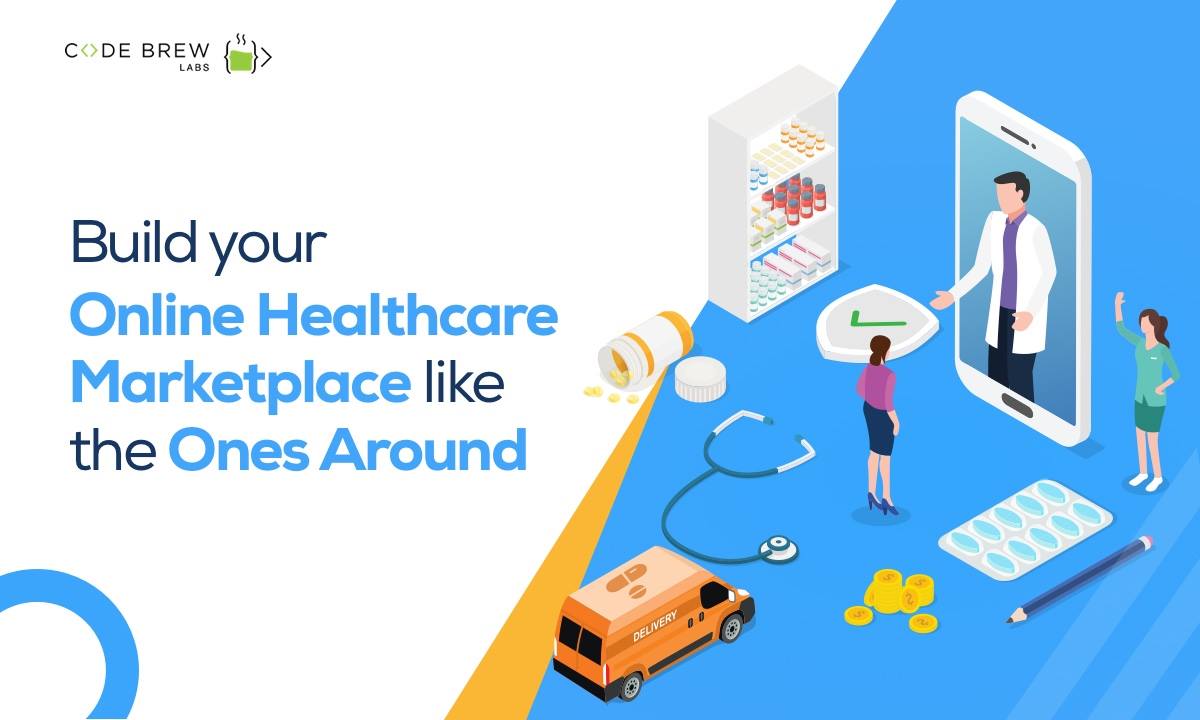Discover the Advantages of Subscription Based Healthcare for Affordable Medical Care
Discover the Advantages of Subscription Based Healthcare for Affordable Medical Care
Blog Article
The Surge of Subscription-Based Health Care and Its Impact on Individual Care
As healthcare evolves, the subscription-based version is gaining traction, assuring to transform client care by providing predictability and access. These versions, which bypass standard insurance, could redefine the patient-doctor dynamic, stressing preventive and personalized treatment. Yet, just like any kind of innovation, they present obstacles, particularly worrying equitable access for all socioeconomic teams. The possibility for these designs to improve healthcare distribution increases pushing concerns regarding their long-term sustainability and inclusivity. Are these membership services the future of healthcare, or do they take the chance of leaving prone populations behind? The ins and outs of this change warrant a closer exam.
Recognizing Membership Health Care Models
Understanding the concept of subscription health care designs includes examining a transformative approach to clinical solutions that emphasizes affordability and availability. These designs, usually referred to as straight main treatment (DPC) or concierge medicine, have arised as innovative choices to conventional fee-for-service healthcare systems. Membership health care enables patients to pay a set regular monthly or annual fee for a specified collection of clinical solutions, which may include limitless office sees, regular exams, and basic laboratory tests, without the demand for traditional insurance billing.
The structure of subscription medical care models is developed to improve individual care by getting rid of third-party payers and complicated invoicing codes, thus reducing administrative burdens. Medical care service providers can concentrate a lot more on patient treatment, fostering stronger patient-provider relationships. This version also promotes preventative treatment by encouraging normal gos to, as the financial obstacle of per-visit costs is eliminated.
The registration model frequently encourages health care carriers to handle smaller person panels, permitting for more personalized treatment. It straightens financial motivations with client health outcomes, as suppliers are encouraged to preserve patient contentment and health. In general, understanding registration health care versions needs acknowledging their prospective to reshape exactly how care is provided and accessed.
Advantages for Clients and Suppliers

For suppliers, subscription-based versions supply the opportunity to strengthen patient-provider relationships. With a constant revenue stream, medical care experts can dedicate more time per individual, bring about a much more personalized and thorough care experience. This version additionally decreases dependence over patient volumes, relieving burnout and improving job fulfillment. The focus on preventative care within membership plans can lead to better client end results and decreased lasting medical care expenses. By concentrating on continuous treatment, carriers can attend to problems before they escalate, inevitably profiting the medical care system in its entirety by minimizing the worry on emergency situation and severe treatment solutions.
Problems and difficulties
While subscription-based health care designs present various benefits, they additionally come with a set of difficulties and worries that need to be dealt with. This raises ethical questions regarding equitable access to health care services.
Financial sustainability of subscription-based versions is one more problem. Carriers have to balance the fixed earnings from memberships with the variable prices of healthcare solutions, which might rise and fall as a result of unexpected clinical requirements. This can develop pressure to limit solutions or boost costs, potentially influencing patient fulfillment and care top quality.
Moreover, regulative oversight of subscription-based medical care models is still developing. The lack of standardized frameworks can cause inconsistent service quality and responsibility, making complex initiatives to make sure client defense. Lastly, the combination of modern technology-- commonly a foundation of these models-- elevates questions regarding data personal privacy and security, as sensitive individual information could be prone to breaches. Dealing with these challenges is vital for the equitable and effective application of subscription-based health care.
Effect On Patient-Doctor Relationships
One substantial impact of subscription-based health care models on patient-doctor partnerships is the capacity for enhanced continuity and personalized treatment. By adopting a registration design, physicians can take care of a smaller sized patient panel, enabling more dedicated time with each individual. This increased accessibility fosters a deeper understanding of a patient's case history, lifestyle, and preferences, enabling much more tailored treatment strategies and interventions.

Nevertheless, it check my source is essential to identify that while subscription-based models may benefit those who can afford them, they might inadvertently broaden healthcare disparities. Individuals that are not able to take part in these designs could experience decreased access to personalized treatment, potentially influencing their connections with healthcare carriers. Thus, while the subscription model uses encouraging advantages for patient-doctor connections, it likewise presents challenges that require to be resolved to ensure fair medical care gain access to.
Future of Health Care Gain Access To

The duty of technology can not be forgotten in this change. Telemedicine systems and electronic health records facilitate seamless communication in between patients and doctor, damaging down geographical and logistical obstacles. Additionally, developments in expert system and data analytics can further individualize healthcare by anticipating patient demands and enhancing therapy strategies.
Nevertheless, the future of health care access likewise offers difficulties, such as guaranteeing equity across different socio-economic teams. Policymakers and medical care providers have to work together to bridge the digital divide, making certain that subscription-based designs remain inclusive and affordable. As these systems mature, they hold the promise of making health care much more easily accessible, efficient, and patient-centric.
Final Thought
Subscription-based healthcare models are reshaping client care by supplying a steady expense structure and boosting accessibility. The surge of subscription-based healthcare encourages proactive individual involvement, which has the prospective to enhance patient results and satisfaction, signaling a transformative change in medical care distribution.
As medical care advances, the subscription-based model is getting look at this now grip, assuring to transform person treatment by using predictability and access.Subscription-based medical care designs use unique benefits for both individuals and suppliers, enhancing the total health care experience.As healthcare systems develop, the future of medical care gain access to regularly hinges on the integration of cutting-edge models and innovations.Subscription-based healthcare versions are improving individual treatment by providing a steady expense structure and enhancing availability. The rise of subscription-based medical care urges aggressive client involvement, which has the prospective to improve patient outcomes and complete satisfaction, signifying a transformative shift in medical care distribution.
Report this page